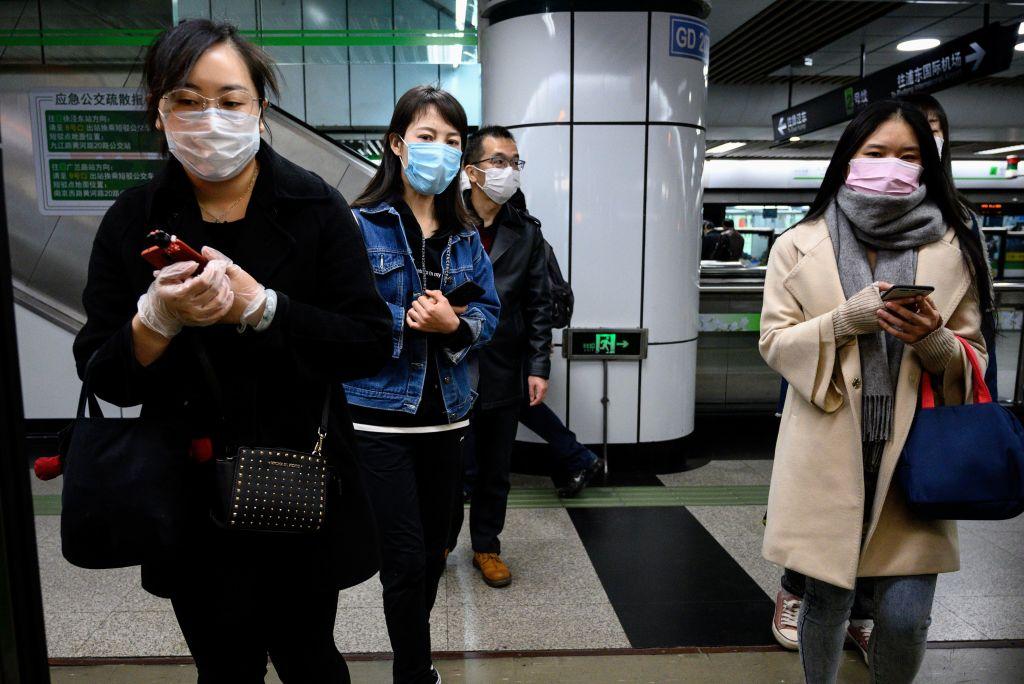While many countries around the world still struggle to contain the outbreak of the CCP virus inside their borders, Beijing seeks to take advantage of the global health crisis to advance its economic goals, according to a new report.
Horizon Advisory, a U.S.-based independent consultancy, reviewed recent policies and notices announced by Chinese central government agencies, regional governments, and research institutes. Its report, published March 15, found that Beijing has been formulating strategies since February to fulfill its ambitions while the pathogen was spreading across the country.





